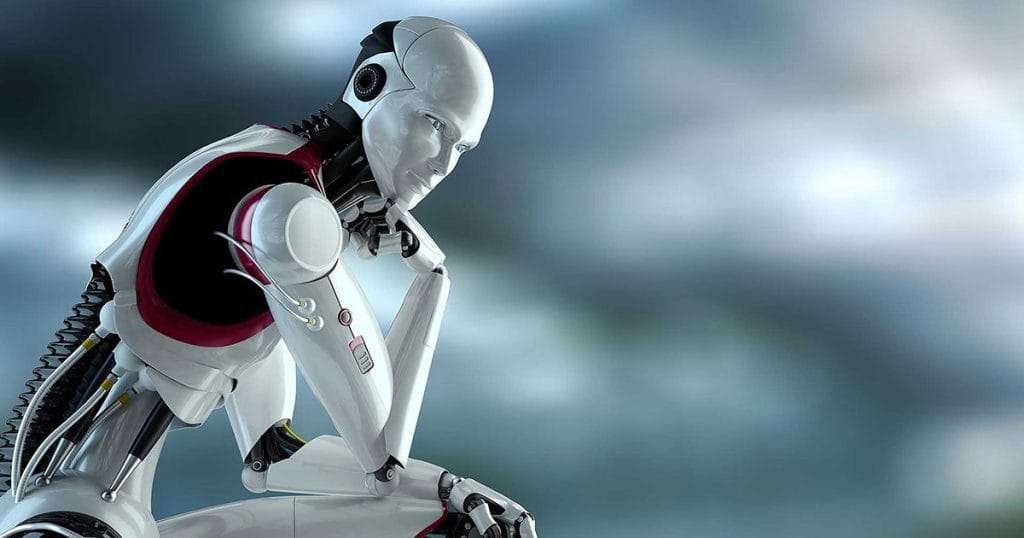🎧 Listen to This Article
It sounds like something straight out of a sci-fi novel, right? Robots are working alongside us, taking over jobs, becoming part of our everyday lives, and potentially, paying taxes. But the reality is that we’re at a crossroads. Automation and AI are advancing faster than most people anticipated, and whether and how we should tax these robots is no longer theoretical. It’s becoming urgent. As machines increasingly take on tasks traditionally done by humans, how we think about work, taxes, and who pays for what needs a serious rethink.
So, here’s the real question: Who is responsible when robots start pulling in revenue or replacing human workers? And, perhaps more importantly, should robots be taxed at all?
What Exactly Is a Robot, Anyway?
First, let’s step back and address the elephant in the room: What even counts as a “robot” in taxation? If you ask your average person, they might picture something like the factory robots assembling cars. But the term “robot” is increasingly blurred. It’s not just machines with moving parts. What about AI systems like ChatGPT, Grok, and others? Or self-driving cars, which are becoming more common on the road? Should we be taxing those too?
In some countries, this is a hot topic. The EU, for instance, has suggested considering AI systems like ChatGPT or autonomous vehicles as “electronic persons.” It sounds futuristic, but it could lay the foundation for taxing these digital workers like a corporation or self-employed person. It’s bold, and it’s a little bit unsettling. But it’s a glimpse into where the future might be heading.
Who Pays for the Robot’s Success?
Suppose a company deploys robots in a factory to improve efficiency and lower costs. Great, right? But here’s where things get tricky: Who pays taxes on the robot’s productivity? Is it the company using the robot? Or are they the developers, the engineers, or the tech giants who created these tools in the first place?
Take a company like Tesla. Elon Musk is working on humanoid robots that could one day replace entire sectors of the workforce. Musk and his company stand to gain a lot from these machines. But if these robots take over jobs and create a huge amount of value, do they owe something back to society for the jobs they’ve replaced?
This issue doesn’t just apply to manufacturing either. We’re talking about robots in healthcare, retail, and even entertainment. If a robot is doing the job of a nurse or customer service representative, should it contribute back to the system that allowed it to exist in the first place?
Could Robots Become Taxpayers Themselves?
Here’s a thought that might make you stop and think: Could robots eventually pay taxes? Now, I’m not talking about a robot walking up to the tax office and filing a return, but consider this: What if robots, in the future, could generate revenue by charging for services, managing businesses, or even creating their intellectual property?
Some countries are already looking into this. South Korea, for example, has discussed the concept of a “robot tax” to balance the benefits of automation with the costs to society. However, this model focuses on industrial robots replacing human labor. The idea of taxing digital robots like those that power virtual assistants or manage AI-based customer service raises an even trickier question. Could these systems be considered “productive” enough to be taxed like any other asset? It’s not as far-fetched as it sounds.
Global Approaches to Robot Taxation: A Patchwork of Ideas
As you might imagine, different countries already take vastly different approaches to robot taxation. In some places, the idea of taxing robots has been met with skepticism. The United States, for instance, has yet to adopt any national robot tax, preferring to let automation grow without additional burden. Meanwhile, in the EU, the idea of taxing robots is being discussed to ensure that automation’s economic benefits aren’t concentrated in the hands of a few corporations. They’ve even floated the idea of using robot taxes to fund public welfare programs or retraining initiatives for displaced workers.
Then, there’s Singapore, which has taken the opposite approach by offering tax incentives to companies deploying automation technologies. The idea is to encourage innovation, even if it means not taxing robots directly.
It’s clear: there’s no one-size-fits-all answer here. The global landscape is fragmented, and you might see vastly different policies depending on where you are.
The Ethical Dilemma: Should Robots Pay for Job Displacement?
Perhaps the most contentious issue in this entire debate is what happens to the human workers replaced by robots. Should robots pay for the job displacement they cause? For example, if a factory replaces dozens of workers with robots, should the company pay a “robot tax” to fund retraining programs or unemployment benefits?
There’s a growing argument that robots should contribute to a fund designed to mitigate the social impact of automation. Some even argue that this could be a way to fund Universal Basic Income (UBI). In this system, every citizen receives a basic stipend, regardless of whether they’re employed, to offset the job losses due to automation.
But then, there’s the flip side. Would a robot tax stifle innovation? Would it make businesses hesitant to adopt technology that could drive future growth? It’s a tricky balancing act.
Looking Ahead: What Does the Future Hold?
Here’s the big question: What will the future look like in a world full of robots, all working, creating, and possibly paying taxes? Will we find a way to distribute the benefits of automation fairly, or will society become more divided, with wealth and power concentrated in the hands of a few tech giants?
We are at a critical moment in history, and our choices could shape the future of work and taxation for generations to come. It’s not just about the machines; it’s about us. How will we adapt to a world being transformed by robots, and how can we ensure that the benefits of this transformation are shared by everyone, not just those who own the machines?
The future of robot taxation will likely be messy, uncertain, and full of challenges. But one thing’s certain: we must start thinking about it today!
For further details, clarification, contributions, or any concerns regarding this article, please get in touch with us at editorial@tax.news. We value your feedback and are committed to providing accurate and timely information. Please note that our privacy policy will handle all inquiries.



Click here to open the standard version and post your comment.